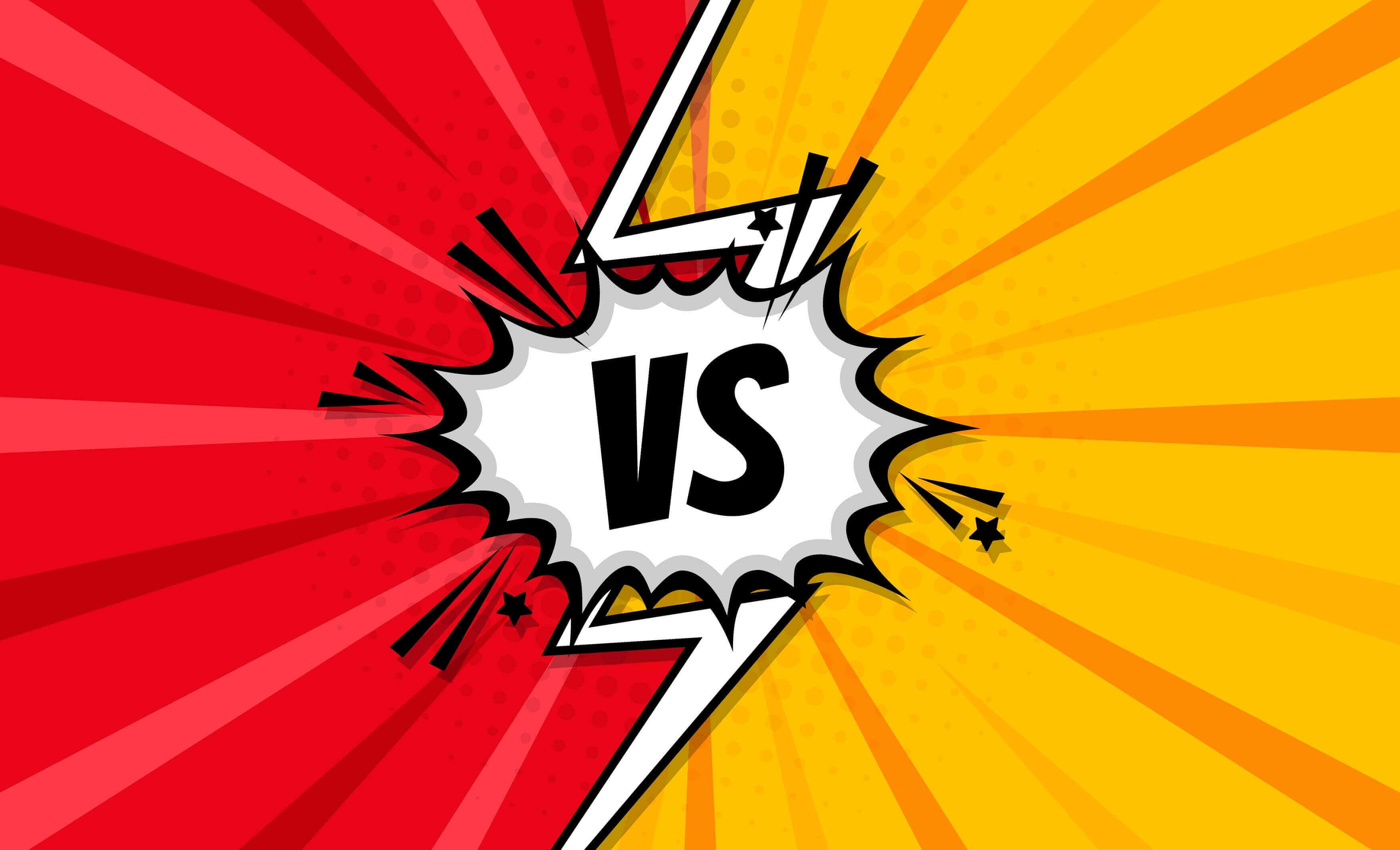As more people are taking their health and wellness into their own hands, we’re seeing plant derivatives like kratom and hemp turning into massive trends on the market. Both of these natural products are touted for their benefits which can provide significant relief to common complaints like poor focus, tense muscles, stress, and poor sleep. But, despite the fact that kratom and THC share some of these potential benefits in common, they’re two entirely different products, derived from totally different plants. Because of that, it’s important to compare the two. Otherwise, you may have a hard time deciding which one is more likely to satisfy your needs.
What is Kratom (Mitragyna Speciosa)?
- Red vein kratom is the most potent, and can be highly sedating, but in low doses, may offer a boost of energy. It’s also the best for pain relief.
- Green vein kratom is both energizing and calming, which may sound confusing, but actually offers a feeling of balance and well-being, with some good pain-relieving qualities.
- White vein kratom is the mildest, and is definitely more energizing than sedating, helping to enhance focus during the day.
Psychoactive Effects
Kratom works on the brain’s opioid receptors – something you’ve probably heard about before – which’s why it does, technically, count as an intoxicant. It produces an opioid-like buzz that can essentially numb pain – both physical and mental – and that’s a huge part of its appeal.
Benefits
Kratom’s potential benefits have been studied less intensively than THC’s – that’s because kratom hasn’t been widely available in this part of the world for as long as cannabis has. But, we do know that kratom offers certain potential benefits to its users, because in addition to research that has been conducted, the plant has been utilized for medicinal purposes for centuries, and there is a wealth of anecdotal information available. These potential benefits are largely vein/strain-dependent, and include:
- Pain relief
- Mood-boosting properties
- Stress/anxiety relief
- Sleep enhancement
- Focus enhancement
- Energizing/stimulating properties
Side Effects
When comparing kratom to THC in terms of side effects, we have to acknowledge that kratom is the riskier of the two. In excessive doses, it can cause seizures, cardiovascular problems, and potential death. However, that’s the case with many prescription drugs as well, and the key is simply taking the recommended dose to avoid any major side effects. Unlike THC, kratom can also lead to dependency if it’s taken too frequently for a long period of time. Otherwise, side effects can include:
- Drowsiness
- Nausea
- Constipation
- Dizziness
- Motor impairment
- Changes in heartrate and breathing
Legality
Kratom is not a federally regulated substance, and technically, it’s legal under federal law. This means that it’s up to states to decide how kratom may be sold and possessed. Currently, kratom is illegal in:
- Alabama
- Arkansas
- Indiana
- Rhode Island
- Vermont
- Wisconsin
What is THC (Tetrahydrocannabinol)?
Then, we have THC (tetrahydrocannabinol), a cannabinoid in cannabis that’s best known for being the psychoactive component of marijuana. In hemp, it’s also found in trace amounts. As a cannabinoid, THC serves the purpose of attaching to cannabinoid receptors in the body, belonging to the endocannabinoid system, to regulate individual physiological processes. This unique function allows THC to provide its unique benefits as part of the body’s mechanisms for achieving homeostasis.
Psychoactive Effects
THC is psychoactive, and that’s its main selling point. THC is the reason why weed gets us high, after all. The high can be super euphoric, stress-relieving, and pain-relieving all at the same time. Its high is, of course, dose-dependent, and the exact effects of the high also depend largely on the strain of cannabis. While THC can be isolated, it’s most commonly consumed in “full-spectrum” form – meaning all of the compounds in cannabis are consumed together, with the terpene profile playing a large role in where the high ends up taking you. Sativa strains are more cerebral and energizing, indica strains are more calming and body-oriented, and hybrids offer something in between.
Benefits
THC is highly regarded for its benefits, which have been studied extensively over the last several decades. These benefits include:
- Anxiety relief
- Anti-inflammatory effects
- Analgesic effects
- Sleep-enhancing benefits
- Neuroprotective properties
- Anti-nausea effects
- Appetite-stimulating effects
Side Effects
THC is nontoxic to humans, and the body can tolerate surprisingly high doses just fine. While physical dependency can occur, withdrawal is milder than it is with kratom. Taking too much THC is not seen as dangerous, but can cause side effects like:
- Anxiety/paranoia
- Dry mouth
- Bloodshot eyes
- Low blood pressure
- Dizziness
- Impairment
- Drowsiness
Legality
THC’s legality is far more complex than kratom’s. Part of the reason why is because there is hemp-derived THC and marijuana-derived THC, with hemp being federally legal, and marijuana being federally prohibited. Each state has its own laws pertaining to hemp and marijuana separately from one another, so in some states, marijuana-derived THC is legal, either for medical or recreational purposes, or both, and in some states, it’s banned, while each state also has its own regulations on hemp-derived THC. At the same time, these laws are changing rapidly due to changes in the market.
To determine the legality of THC where you live, your best option is to check up on your state’s hemp and marijuana laws.
Kratom and THC: Two Natural Products with Potential Benefits, Each Worth Giving a Try!
The main takeaway is that both kratom and THC can provide relief to many of the same common issues. But, they’re also two distinctive substances, each with their own properties, benefits, psychoactive effects, and side effects. Now that you have a better idea of what makes each one unique, you can compare the two, and decide which makes the most sense in your daily wellness routine. At Topps Kratom, we got all your kratom needs covered!
